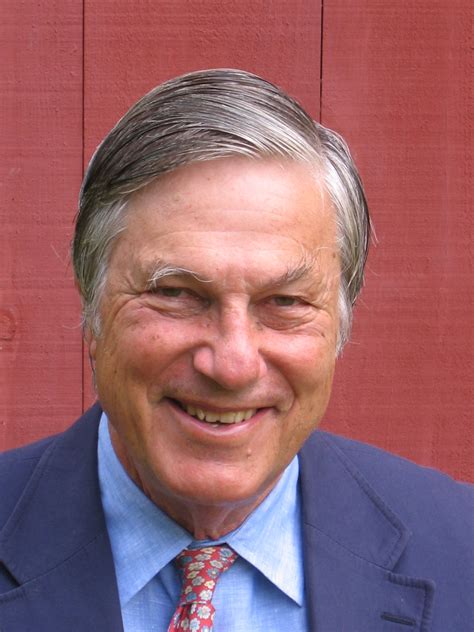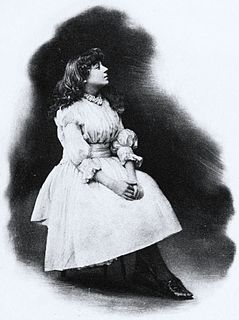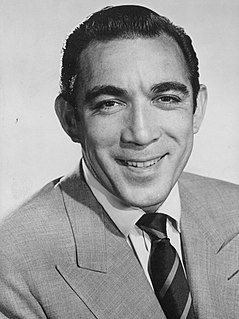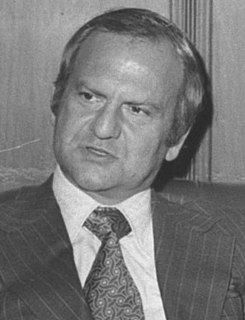A Quote by Allen Ginsberg
Related Quotes
In reality the world is made of thousands of groups of about five hundred people, all of whom will spend their lives bumping into each other, trying to avoid each other, and discovering each other in the same unlikely teashop in Vancouver. There is an unavoidability to this process. It's not even coincidence. It's just the way the world works, with no regard for individuals or propriety.
Our lives become the sum of all whom we have loved. It is important not to waste anyone. One task of living out the last half of life is excavating and recovering all of those whom we loved in the first half. Thus, the recovery of lost loves becomes an important way in which the past affects the present.
There are really three players: 'absolutists', for whom it is possible to describe reality as it anyway is; 'constructivists' or 'humanists', for whom there is nothing beyond a world that is relative to human interests and conceptual schemes; and 'ineffabilists', like myself, for whom any describable world indeed exists 'only in relation to man', as Heidegger put it, but for whom, as well, there is an ineffable realm 'beyond the human'.
It was in the spring that Josephine and I had first loved each other, or, at least, had first come into the full knowledge that we loved. I think that we must have loved each other all our lives, and that each succeeding spring was a word in the revelation of that love, not to be understood until, in the fullness of time, the whole sentence was written out in that most beautiful of all beautiful springs.
Before I knew that a man could kill a man, because it happens all the time. Now I know that even the person with whom you've shared food, or whom you've slept, even he can kill you with no trouble. The closest neighbor can kill you with his teeth: that is what I have Learned since the genocide, and my eyes no longer gaze the same on the face of the world.
What I learned is, we have to listen to each other, even when we don't agree, even when we think we hate each other. We have to listen to each others narratives. Not interrupt defensively, or with hostility, but really try to open our hearts and listen with empathy. I learned so much from that meeting. It was a very difficult thing to do and it was one of the best things that I ever did in my life. Look what scares you in the face, and try to understand it. Empathy, I have learned, is revolutionary.
His parents never talked about how they met, but when Park was younger, he used to try to imagine it. He loved how much they loved each other. It was the thing he thought about when he woke up scared in the middle of the night. Not that they loved him--they were his parents, they had to love him. That they loved each other. They didn't have to do that.
My brother, whom I adored, typed out a children's book illustrated by himself... at the age of 14. My sister, with whom I always shared a double bed, had that effortless superiority of someone six years older and anxious to show it. But we were each as shy as voles. It seemed safer to keep to each other's company.







































